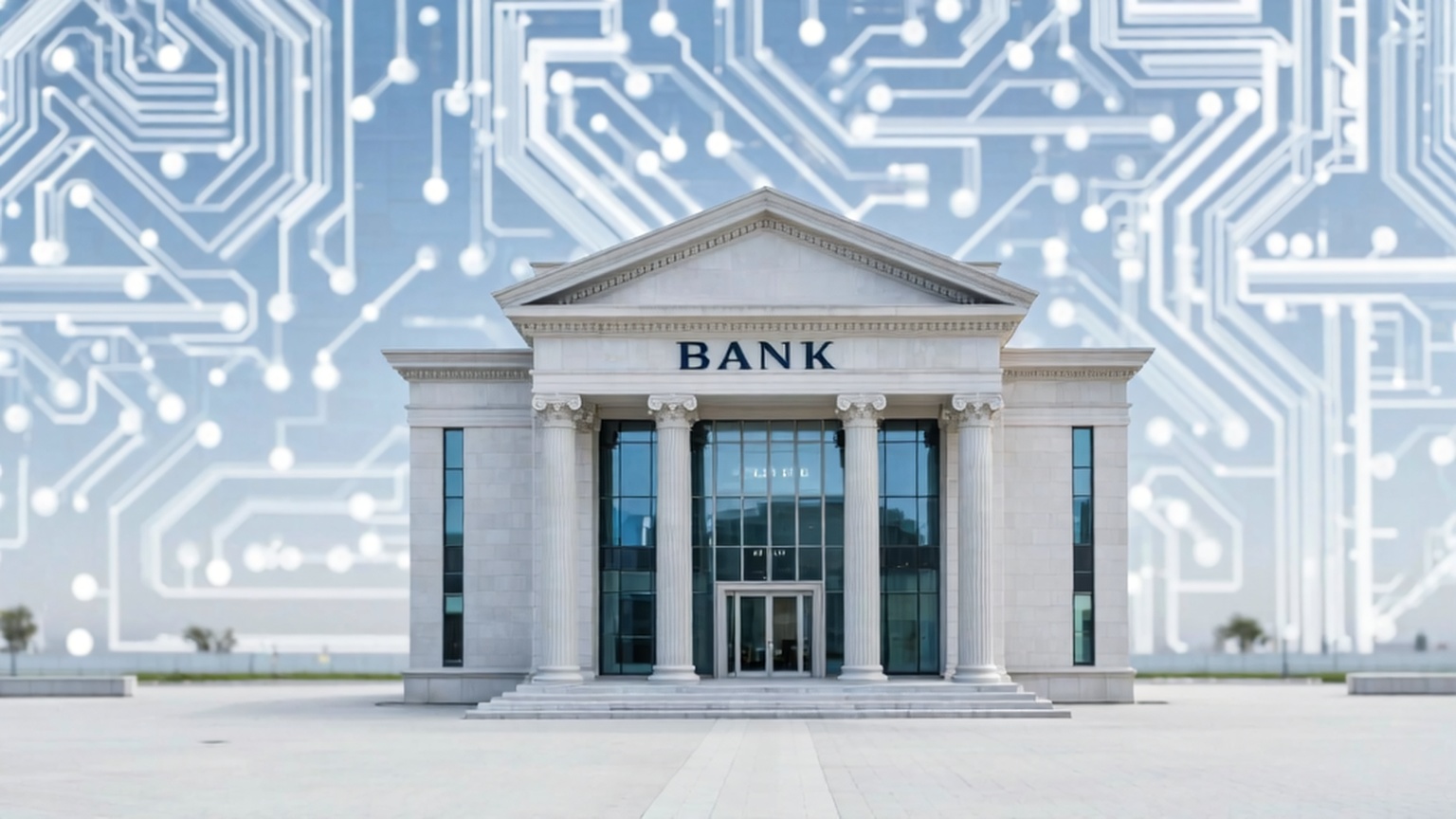Ripple CEO Brad Garlinghouse has urged regulators to apply the same standards to cryрto firms as they do to traditional financial institutions, emphasizing fair oversight as Ripple awaits a decision on its national charter.
Key points:
- Ripple CEO Brad Garlinghouse called for equal regulatory treatment between crypto firms and traditional banks, urging fair access to financial infrastructure and oversight.
- Ripple’s pursuit of a national bank charter could set a preсedent for blockchain-based entities, despite opposition from U.S. banking groups warning of policy risks.
- A shift toward regulatory parity could benefit ecosystems like Shibarium by legitimizing on-chain liquidity systems, attracting institutional interest, and strengthening bridge compliance.
At DC Fintech Week on Wednesday, Garlinghouse questioned the fairness of current regulatory practices, arguing that crypto firms, such as Ripple, face tougher scrutiny than traditional banks. While he noted that a change in leadership, whether at the U.S. Securities and Exchange Commission (SEC) under Chair Paul Atkins or in the White House under President Donald Trump, was unlikely to shift policy direction, Garlinghouse called for more consistent treatment across the financial sector.
Garlinghouse emphasized that the cryptocurrency sector should adhere to the same Anti-Money Laundering (AML), Know Your Customer (KYC), and Office of Foreign Assets Control (OFAC) requirements as traditional financial institutions. He added that crypto firms should also have equal access to key financial infrastructure, including eligibility for a Federal Reserve master account.
Related: Kusama Reveals Details Of New AI Product in Recent Livestream
In July, Ripple submitted an application for a national bank charter. However, as the company and other crypto firms sought similar approvals, several U.S. banking associations urged the Office of the Comptroller of the Currency (OCC) to delay any rulings. The groups argued that granting charters to digital asset companies like Ripple could pose major policy and procedural challenges.
The Ripple Effect: What It Could Mean for Shibarium
Such a move could mark a turning point for projects like Shibarium, which operate at the intersection of decentralized infrastructure and real-world utility. A shift toward parity between banks and crypto entities might encourage regulators to explore frameworks that recognize on-chain liquidity systems as credible financial infrastructure.
Related: Shiba Inu Secures Victory on CoinGecko with New Page Update
For Shibarium, that could mean expanded access to cross-chain liquidity, more robust bridge compliance, clearer settlement rails for tokenized assets, and greater institutional custody options. Enhanced regulatory clarity would also likely attract conservative capital, foster compliant onramps, and incentivize developers to build safer, audited smart contracts and web3 projects that meet bank-grade standards.
As Ripple tests the boundaries of crypto’s relationship with traditional finance, Shibarium and similar ecosystems stand to gain from the ripple effect, pun intended, of clearer rules, broader acceptance, and a pathway toward deeper integratiоn with the global financial system.












